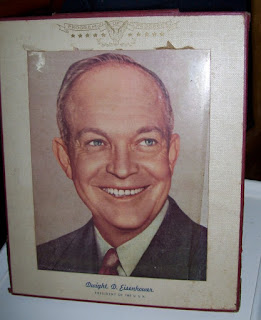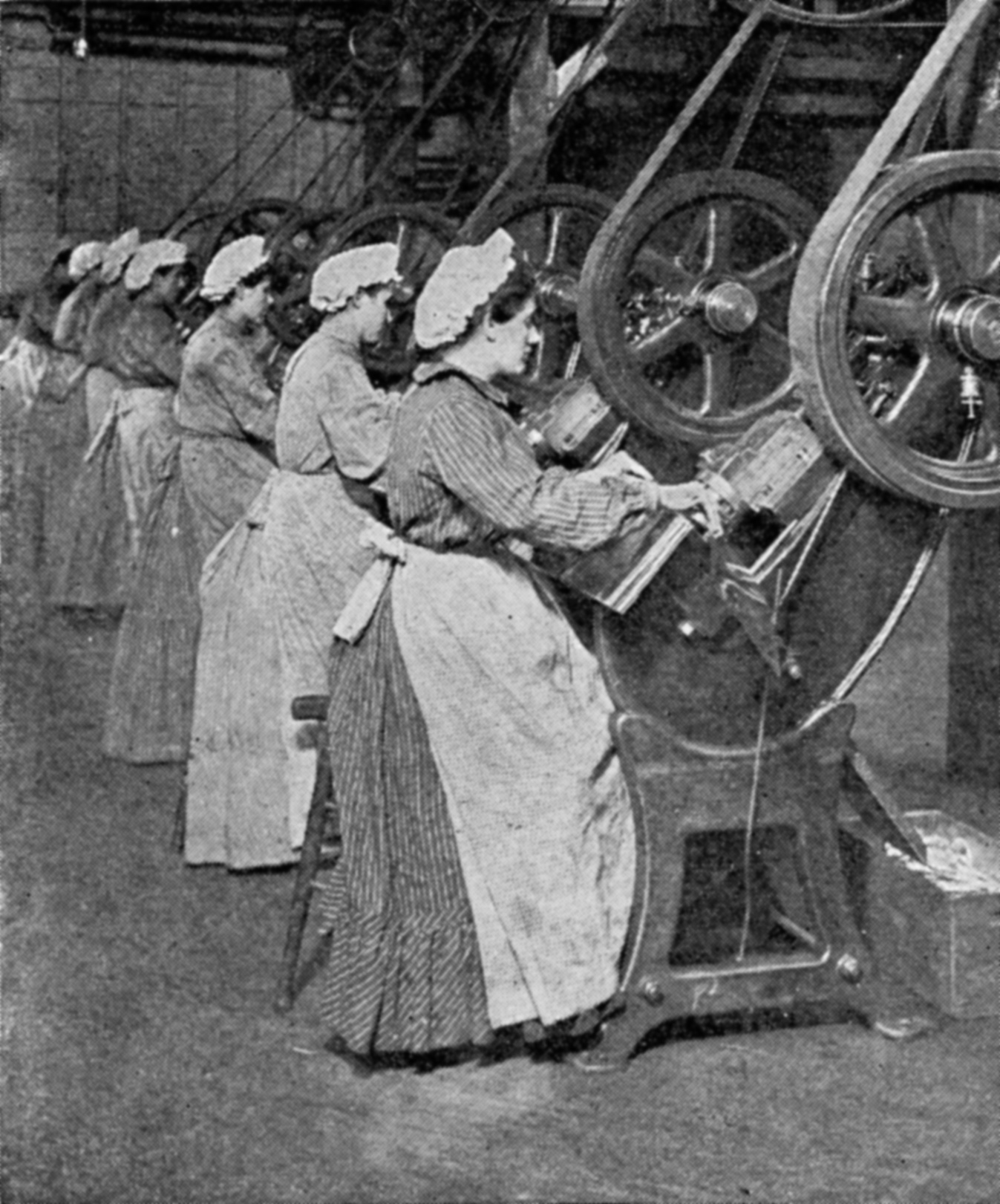"Earth to earth, ashes to ashes, dust to dust."
Perhaps a quarter mile off the road, a small country graveyard sits at the top of a little ridge. When I spotted that old family cemetery not long after we moved here, I decided that, "one of these days," I was going to walk through it. But time flew by, as it does, and so it was five years later, when I finally stopped one day at the house below the cemetery and asked permission to visit.
The silver-haired lady who answered my knock was pleased about my interest in the graveyard. She walked to the pasture gate with me, showed me the least "washed-out" route to take up the hillside, and cautioned my sidekicks, Keely and Isaac, to beware the poison ivy around the graveyard fence.
We bounced up the hill on a trail that was obviously more traveled by cattle than vehicles. As we pulled up to the cemetery, I saw immediately that it was well-maintained and very tidy. An overgrowth of vines had made the fence into a solid wall of tangled foliage, but the grass inside was neatly cut, and the gate was in good repair. No graves were embarrassed by fallen headstones or weatherbeaten artificial flowers.
 |
| Photographs by Melissa Wiesse. |
I decided that the cemetery was officially established in the 1860s or 1870s. Perhaps there were already unmarked family graves there when the first graves with tombstones were made. Looking over the cemetery fence from the hillside, I tried to imagine the valley when the blacktop road was a dirt trail, the fences were made of split rail, and the log cabins were marked by plumes of smoke. Surely the cemetery's site was chosen for its fine view in addition to its high-and-dry location.
 |
| Photo by Tony Alter. |
Near the center of the cemetery, a huge stump bore witness to another tree that once grew there. It was a good six feet in diameter at its widest point. This estimate was provided by Keely who stretched out full length across it. At one time, this giant's branches must have shaded most of the little cemetery.
Keely and Isaac were impatient to return to modern life well before I finished reading the stones. When we finally drove back down the hill and closed the gate to the pasture, the little lady came out to talk again. She had been waiting for us. "Did you see anyone you knew up there?" she wanted to know.
I told her that I had recognized some of the family names, and she said that most of the people in the cemetery were from her husband's family. Had I seen this gravestone and that one? One young fellow had commited suicide after World War I. Her husband's mother was the young woman buried with twin babies. Another man and his wife had lived in a big log house that she remembered from childhood. She knew the life story beneath each headstone.
I commented on the huge tree stump, and she told me that it had been another oak tree. It had fallen in the cemetery during a windstorm, but her son had cleaned it up. Then she began to talk about her great fear -- would the cemetery be cared for in future years? Her son, in his late fifties, did all the upkeep. It seemed he was the main person who was interested. Though most of the graves "belonged" to families who still lived in the county, no one else helped with the maintenance. She had buried her husband in town a few years ago because she feared his grave wouldn't be tended up on the hillside.
 |
| Photo by Justin A. Wilcox |
When I got home that day, I wrote a short account of my visit to the cemetery on the ridge. A few days ago, I stumbled upon that little story in some old computer files, and I thought that the things I had written still spoke to my heart. I decided to edit it a little and share it. That's the story behind this story.
Related photos on Flickr:
Squirrels in cemeteries
Gravestone details
Historic cemeteries

























